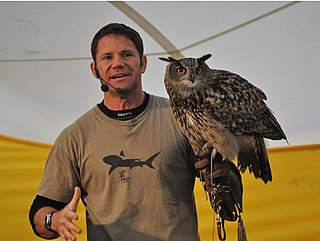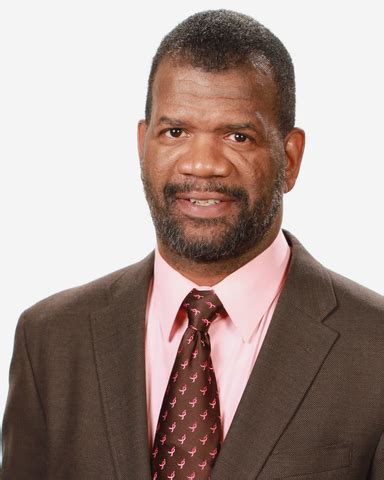A Quote by Steve Backshall
If there remain places on the planet that are un-known, unspoilt corners, a laboratory for evolution still exists - a snapshot of what the rainforests, polar deserts and high mountains were once like, before man.
Related Quotes
A three billion year old planet floating in the vast universe with mountains, seventy percent seas and oceans, fertile lands, immense forests, rivers and lakes, sea shores and deserts, this is where we humans have the privilege to live, the latest, most advanced newcomers in evolution. What an immense, incredible responsibility we have to be a right, positive element in the further evolution of that planet. That is the big question before us in the new century and millennium.
The famous Zen parable about the master for whom, before his studies, mountains were only mountains, but during his studies mountains were no longer mountains, and afterward mountains were again mountains could be interpreted as an alleory about [the perpetual paradox that when one is closest to a destination one is also the farthest).
Before I had studied Zen for thirty years,
I saw mountains as mountains,
and waters as waters.
When I arrived at a more intimate knowledge, I came to the point where I saw that mountains are not mountains,
and waters are not waters.
But now that I have got its very substance
I am at rest.
For it's just that
I see mountains once again as mountains,
and waters once again as waters.
Before practicing meditation, we see that mountains are mountains. When we start to practice, we see that mountains are no longer mountains. After practicing a while, we see that mountains are again mountains. Now the mountains are very free. Our mind is still with the mountains, but it is no longer bound to anything.
Birds were flying from continent to continent long before we were. They reached the coldest place on Earth, Antarctica, long before we did. They can survive in the hottest of deserts. Some can remain on the wing for years at a time. They can girdle the globe. Now, we have taken over the earth and the sea and the sky, but with skill and care and knowledge, we can ensure that there is still a place on Earth for birds in all their beauty and variety - if we want to... And surely, we should.
Forests ... are in fact the world's air-conditioning system-the very lungs of the planet-and help to store the largest body of freshwater on the planet ... essential to produce food for our planet's growing population. The rainforests of the world also provide the livelihoods of more than a billion of the poorest people on this Earth... In simple terms, the rainforests, which encircle the world, are our very life-support system-and we are on the verge of switching it off.
In a sense everything that is exists to climb. All evolution is a climbing towards a higher form. Climbing for life as it reaches towards the consciousness, towards the spirit. We have always honored the high places because we sense them to be the homes of gods. In the mountains there is the promise of... something unexplainable. A higher place of awareness, a spirit that soars. So we climb... and in climbing there is more than a metaphor; there is a means of discovery.
We’re turning everything on the planet into food for humans so we’re cutting down the rainforests, displacing all of the animals, and we’re doing all this to feed humans... ... Imagine if there were only 2 billion people polluting? We’re already overpopulated. I feel we’ve become a parasite on this planet. If this population keeps growing, we’ll just keep devouring the planet, and I don’t think it’s going to stand for that very long.

































